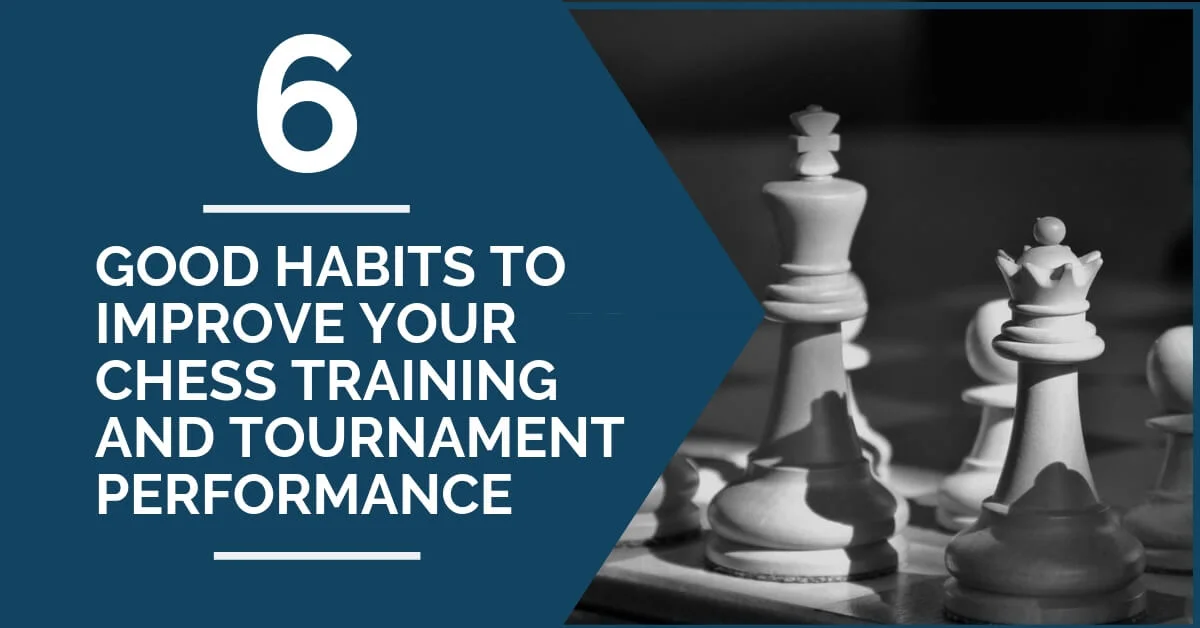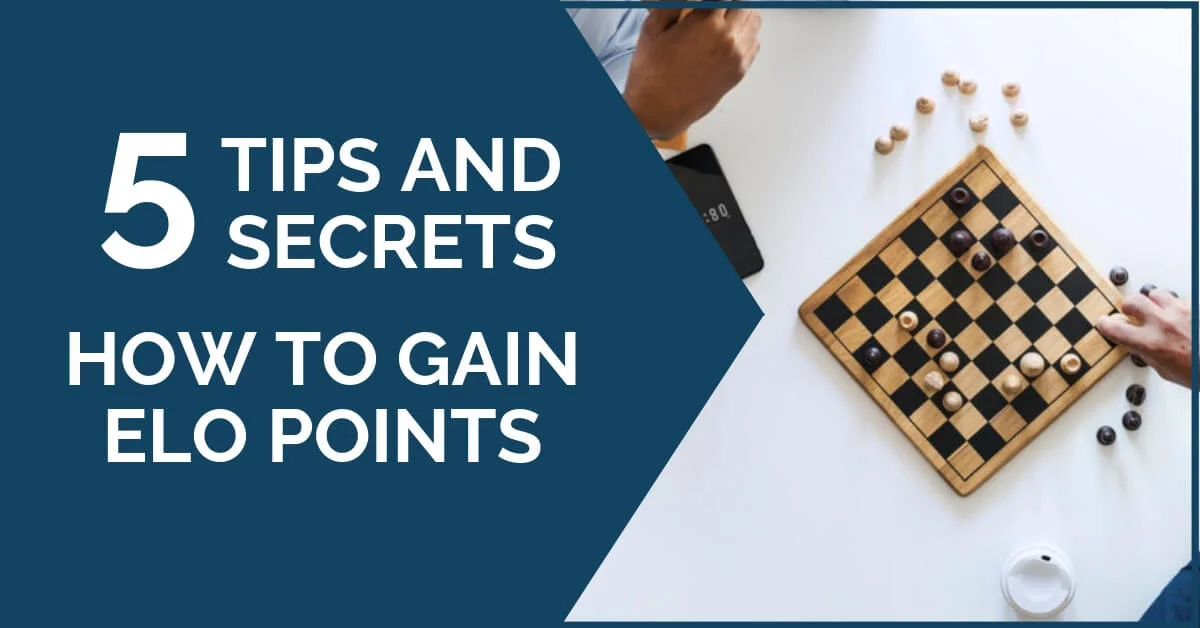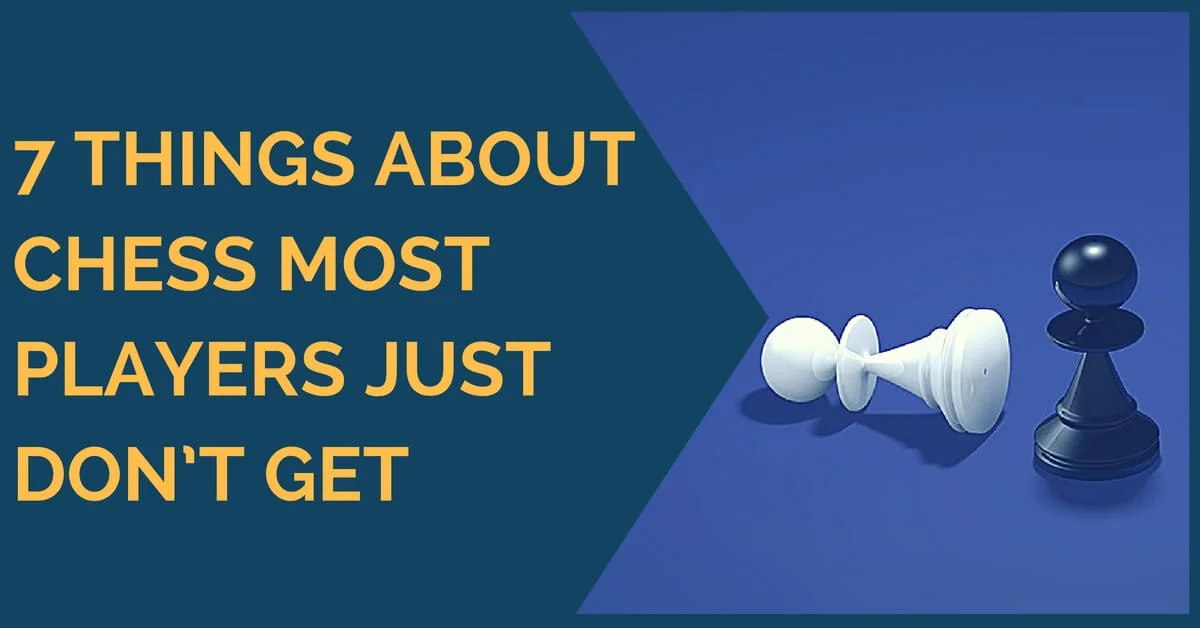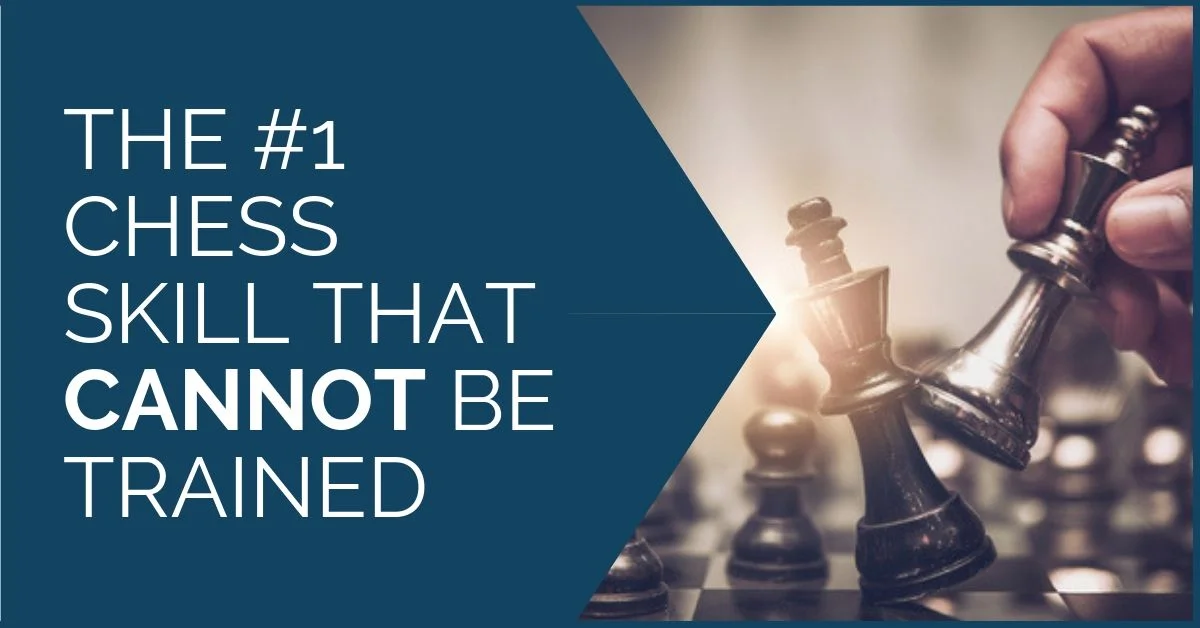6 Good Habits to Improve Your Chess Training and Tournament Performance

Chess Training and Tournament Performance: One of the most difficult things to measure in chess is progress. No matter how much you train at home, how confident you are, or how many blitz games you win online it is the tournaments that will put a note on your efforts. As explained in several previous articles, improvement relies on many different qualities, not only on well-sharpened skills but also on a strong mind, capable of overcoming any difficult situation that may arise. It is hard to imagine that one can achieve success at a tournament without having previously worked hard in a consistent way.
However, in chess, just like in body fitness, you cannot change overnight. It is constant training that will have an impact on your game; a way of life, so to say. If you are the type who studies a lot at home but does not compete very often, then it is essential to take care of the psychological aspect as well. In this article, we have decided to make a list of notes to help the self-improving player have a better performance in tournaments by creating good habits that will positively affect his play.
1. Daily chess training
Note how it says “chess training”, giving a wide scope of activities you can do related to chess. Above all, we want to achieve consistency. Reading a chapter of a book, solving a certain number of puzzles daily, studying an opening, or even playing training games with a friend are all valid ways of keeping your chess activated.
We also recommend reviewing 5 Tips to Remember When Solving Tactics.
You can also look at Chess Rating ELO and IQ Score Correlation.
2. Tournament Performance – Stay in touch with what is happening
Follow the latest trends in tournaments. Nowadays there are different mobile apps that allow you to do this easily. It is always good to know what people are trying, what openings are fashionable and what playing style is trendy.
3. Visualize your next tournament
Think beforehand of a tournament plan.
Improvising at the last minute rarely works. There are players who even forget what openings they could play and end up playing things they have not prepared or studied at all. Therefore, it is useful to have an inventory of your weapons; know your options.
4. Chess Training – Keep motivated
The worst part of chess training is not being able to measure progress. It is important to keep motivation, so above all try to keep it fun. Rather than something you “need to do”, make it something enjoyable. Stay far from frustration feelings; take it easy one day at a time. Just try to keep training on a regular basis.
Want to know more about Chess Training? Look at GM Alex Colovic’s article.
5. Tournament Performance – Do not go for more than 3 days without PHYSICAL exercise
It is no secret that physical exercise is good for chess players. It is supposed to help to deal with tiredness during the game. However, fitness training is also good for your mind – another way to feel positive and burn off some steam.
6. Chess Training – Positive thinking / strong mind
Visualize possible scenarios that will arise during the game – how to meet a certain profile of the player, and how to react when things are tough. Remember not to panic under any circumstance. Remember your tournament plan, think about what risks you are willing to take, and go for it.
We hope this article turns out useful for those trying to do better at tournaments. It is one thing to train at home and another one to perform at tournaments. In the heat of the battle is important to stay focused, trust your abilities and avoid negativity. This basic knowledge seems so easy to remember and yet we often forget it as soon as the first round begins. Thank you for reading and feel free to share your thoughts with us.
Do you like Magnus Carlsen’s play? Look at:










Comments: